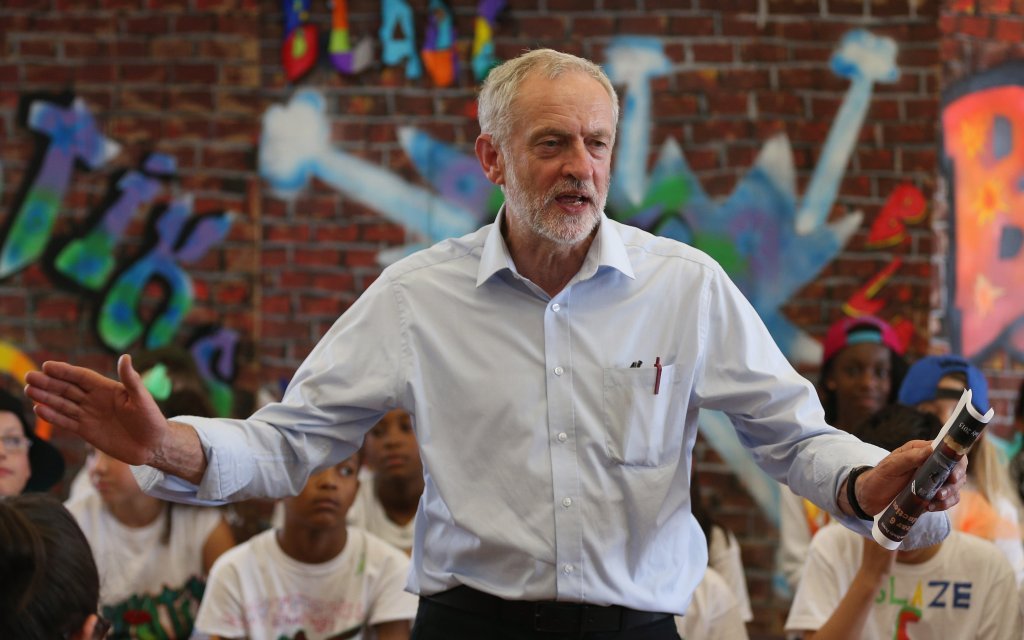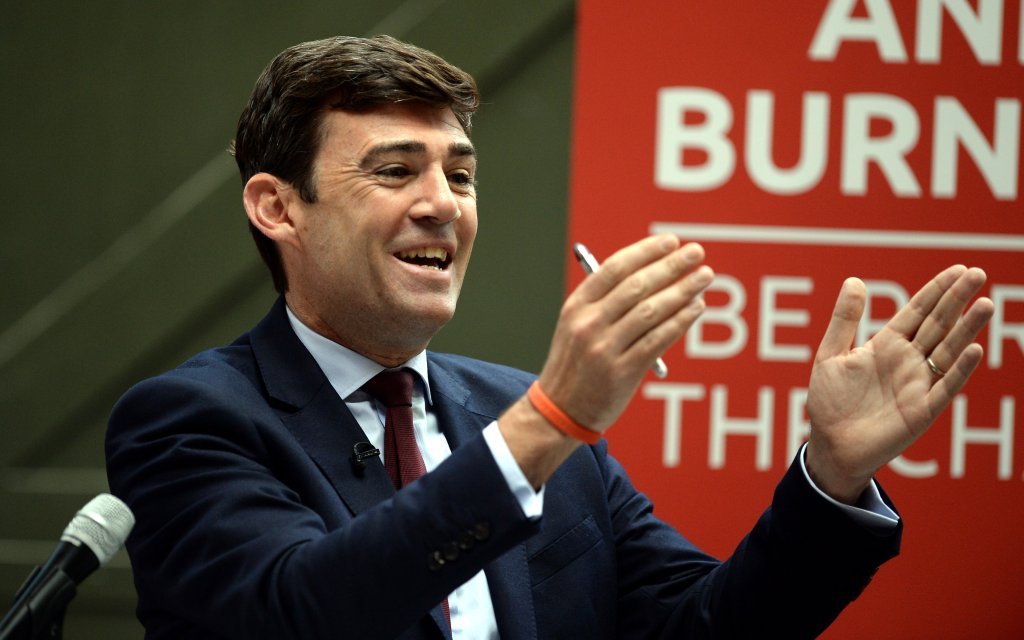Labour leadership election: Key business policies from Jeremy Corbyn, Andy Burnham, Yvette Cooper and Liz Kendall

With three days until the new Labour leader is announced, we've looked at the business policies from each of the four candidates.
Read more: Candidates clash over business as Kendall urges party to back "wealth creation"
Jeremy Corbyn
Corbyn has argued for a fundamental shift in economic policy.

Corbyn is considered the most left-wing candidate (Source: Getty)
- There will be an end to austerity. The deficit will be brought down by through higher taxes for the rich and protection for people on welfare.
- A new crackdown on tax avoidance and tax evasion, and tax breaks for companies – "corporate welfare".
- Corbyn will consider introducing a "maximum wage" to cap the pay of top executives.
- Small business tax rate freeze and increases in corporation tax rate.
- Quantitative easing for the people – The Bank of England will be given a new mandate for investing in “new large scale housing, energy, transport and digital projects”. Rather than creating money to buy government debt, it will create money to finance infrastructure by buying the debt of a national investment bank. Opponents have said this will lead to higher inflation and interest rates.
- Renationalisation – the railway network will be renationalised under Corbyn's plans, as will energy companies. He will also renationalise the Royal Bank of Scotland.
- Corbyn opposes the Transatlantic Trade and Investment Partnership (TTIP) deal outright.
Andy Burnham
A "radical yet credible" plan is what Burnham says he has put forward.

Burnham has indicated the contest is between him and Corbyn (Source: Getty)
- Burnham has promised a “balanced Labour plan”, reducing national debt for a sustainable economy. He has apologised for Labour’s historic spending, but said future cuts should be balanced by investment in growth.
- He has called for re-balancing the tax system, and wants to increase the top rate from 45p to 50p
- Until there is more evidence it is safe, Burnham will not back any more fracking.
- Renationalisation – Burnham has pledged a “line-by-line re-nationalisation”, where public operators can complete against private firms to run services.
- He will adopt a tougher stance on TTIP than we have had to date. "I will give no guarantees of Labour support for it and instead will reserve judgement until we see the final text."
- The shadow health secretary will also abolish the youth rate National Minimum Wage, extend the National Living Wage to all ages and ban forced zero-hours contracts and unpaid internships.
Yvette Cooper
The Labour party needs to be progressive and modern, according to Yvette Cooper.

Cooper said Labour alienated the business community in the build-up to the election (Source: Getty)
- A new relationship with business – Under Ed Miliband the Labour party did not provide anything for business to vote for, thinks Cooper – so she will set up a business advisory group if she becomes leader. Cooper also wants tough fiscal discipline and a reset of Labour's relationship with business, as well as to bring the deficit "into line".
- Britain needs to be turned into a "hi-tech" economy, and Cooper has promised to encourage start-ups and create hi-tech digital "jobs for the future".
- The UK should become the science and technology capital of Europe, so the shadow home secretary wants the UK’s investment in science and research development to reach three per cent of national income.
- A 50p top rate of income tax stands true to “Labour values”
- She argued that Labour should drop its opposition to the government's cut in corporation tax to 20 per cent.
Liz Kendall
Thought of as the Blairite candidate, Kendall wants a “fresh start” for Labour.

Kendall is seen as the most pro-business candidate (Source: Getty)
- Rebuilding credibility – The Labour party failed to entice the aspirational voter, leading to its election defeat, Kendall suggests. Labour will therefore become a party of work, not welfare. Kendall identifies herself as pro-business and pro wealth creation, and will bring down debt as a proportion of GDP to help the economy withstand shocks and lower interest payments on debt.
- Kendall wants to “secure protection at work by reversing the Tory Trade Union Bill, give workers a greater say and stake in their workplace, and take practical steps for representation such as allowing online ballots over industrial action”.
- She wants to restore working tax credits and make sure public sector pay goes upl.
- The remit of the low pay commission will be extended so it can drive up pay to build “a true living wage society”.
- A 50p top rate of tax should not be permanent.